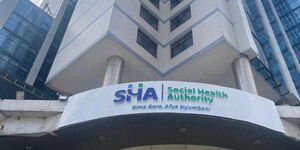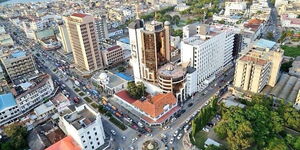American investors have cited taxation and government policies as some of the stumbling blocks for foreigners investing in Kenya.
In a report by the Office of the United States Trade Representative titled Foreign Trade Barriers, US companies specified that the 1.5 per cent Digital Service Tax (DST) was a trade barrier for companies and investors involved in digital trade.
The tax which took effect on January 1, 2021, is applied to income generated in Kenya from services that are offered on online platforms.
Further, the report listed the Kenyan government's policies on land ownership and inspection of imported goods as other impediments.
Land
Regarding land ownership, the report highlighted that foreigners were not allowed to own land in Kenya except through a lease.
The investors added that the current leasing model was prone to land cartels who take advantage of them.
"The 2010 Kenyan Constitution prohibits foreigners from holding freehold land titles anywhere in the country, permitting only leasehold titles of up to 99 years. The process for leasing developed land and property is clear and established, but the process for obtaining a clear title of undeveloped land is opaque and unreliable.
"For undeveloped land, investors risk receiving fake title deeds or leasing a plot with multiple titles and unauthorized sales," read the report in part.
KEBS Inspections
For investors importing products into the country, it was explained that the process was expensive.
The investors also asserted that there were multiple inspections by government agencies, which they cited as bureaucracy that deters the timely release and movement of goods.
"The cost of this inspection is 5 per cent of the customs value of the shipment, and the goods may be rejected. After obtaining a Certificate of Conformity (CoC)or undergoing inspection at the port of entry, the importer must also purchase from KEBS an Import Standardization Mark label that must be affixed to each imported article or its retail packaging.
"Additionally, many of the KEBS mandatory standards are not publicly available, which hinders transparency," read the report in part.












